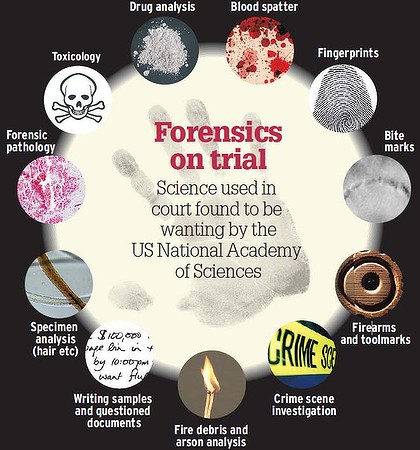
Famous examples include Archimedes’ discovery that the amount of gold used in King Hiero II’s crown could be could be calculated by immersing the crown in water and measuring the amount of water it displaced, and the autopsy of the Roman Emperor Julius Caesar in 44 BCE that confirmed his death by blood loss. The history of forensic scienceįingerprints taken by William Herschel 1859/60.įorensic science was used to solve important issues and criminal cases long before the term was coined. In addition to his exchange principle, Locard is credited with starting the first crime laboratory in an attic within a Lyon police station during 1910. It is the job of forensic scientists to discover and verify the exchange of materials. Locard’s Exchange Principle suggests that when a person enters a place that will become a crime scene they will leave behind distinguishing evidence, and moreover take some part of the scene with them. The role of a forensic scientist is encapsulated by Locard’s Exchange Principle a concept that is attributed to the medical doctor and criminologist Dr Edmund Locard. The trustworthiness of evidence is crucial in criminal cases, and requires that the scientific methods used are reliable and accurate. Because of its historical connection, the word forensic is commonly used in modern language to refer to legal evidence that is presented in court.

People accused of a crime, and their accuser, would go the forum and their arguments were presented to the judiciary. The forum was a busy site where civic meetings were convened and criminal matters were debated. The term forensic comes from the Latin word forensis, which refers to a Roman business place known as the forum. Sometimes science proceeds simply by careful observation and the linking of concepts and ideas, but it may also require the development of technology and new experimental approaches. Science often involves the detailed study of natural or man-made process in order to understand how and why they happen. Science can be defined as the collection of information through systematic experimentation and observation.

Forensic science, or forensics, is the application of science to establish how historical events occurred and thereby provide impartial evidence that can be used in a court of law.


 0 kommentar(er)
0 kommentar(er)
